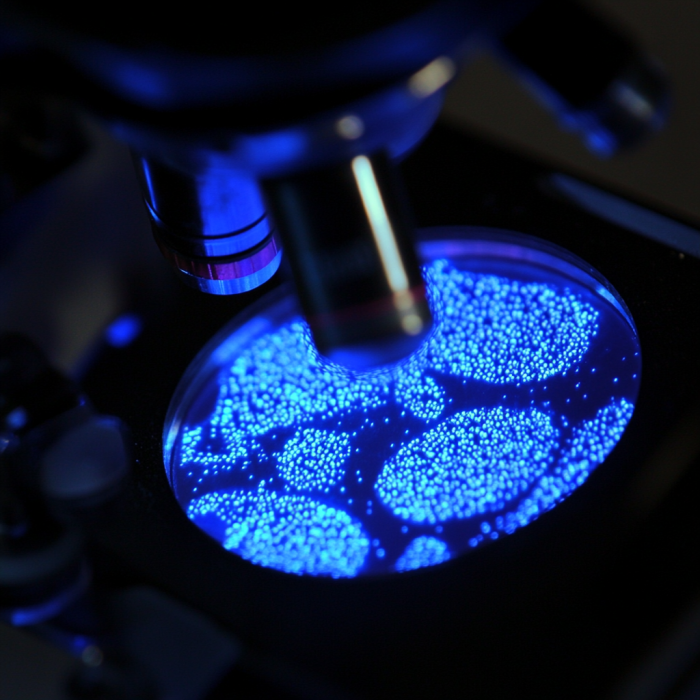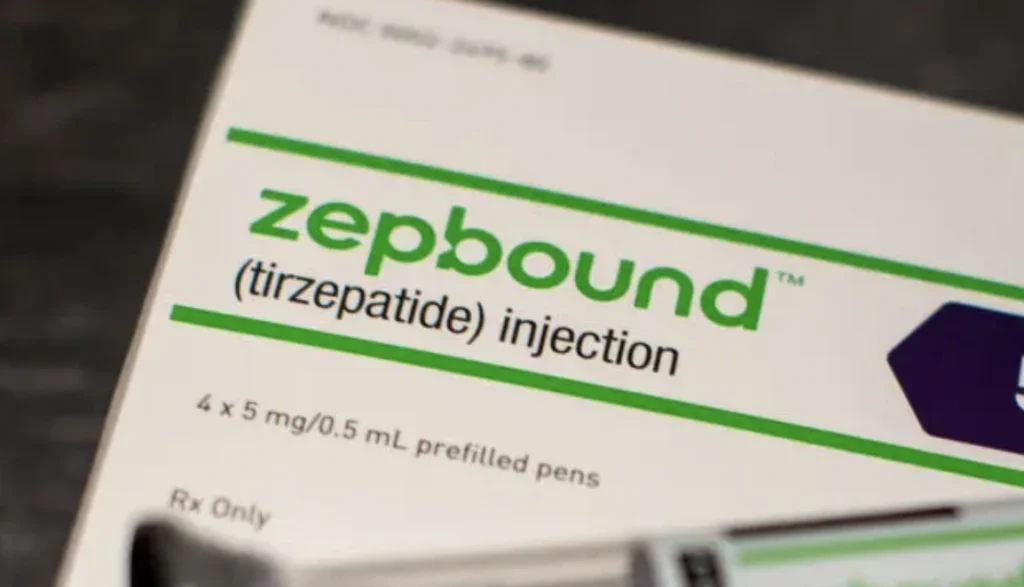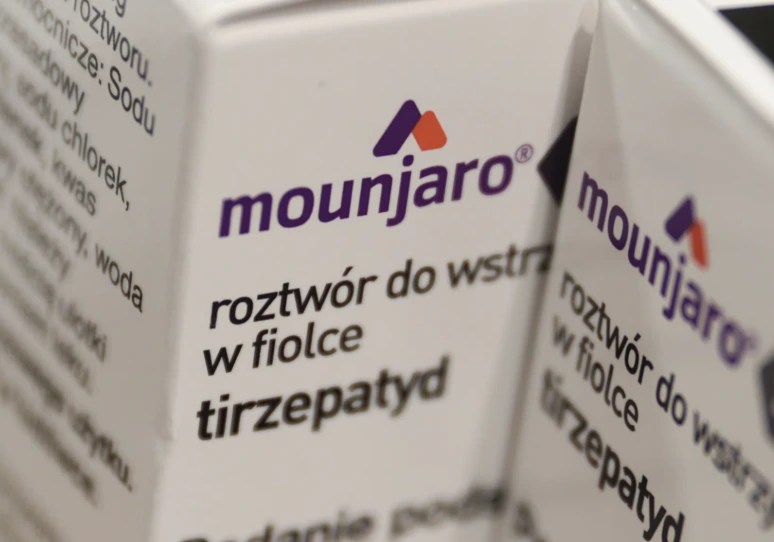
What Is the STD That Starts With Letter T?
Sexually transmitted diseases (STDs) are infections that spread primarily through sexual contact. While some well-known STDs, such as chlamydia, gonorrhea, and syphilis, are often discussed, others like those starting with the letter “T” may not be as widely known. In this article, we’ll explore STDs and infections starting with “T,” their causes, symptoms, and treatments.
STDs That Start With “T”
- Trichomoniasis
Trichomoniasis is one of the most common sexually transmitted infections (STIs) globally, caused by the parasite Trichomonas vaginalis.- How It Spreads: Through vaginal, oral, or anal sex, or genital contact with an infected person.
- Symptoms:
- For women: Vaginal itching, discharge with a fishy odor, or pain during urination or intercourse.
- For men: Often asymptomatic, but can cause irritation or discharge from the penis.
- Treatment: Trichomoniasis is curable with antibiotics, usually metronidazole or tinidazole.
- Tertiary Syphilis
While not a standalone “T” infection, tertiary syphilis is a late stage of untreated syphilis caused by the bacterium Treponema pallidum.- How It Spreads: Through sexual contact or from mother to child during childbirth.
- Symptoms: Occurs years after the initial infection, affecting organs such as the heart, brain, and nerves.
- Treatment: Requires antibiotic treatment, typically penicillin, but damage from late-stage syphilis may be irreversible.
- Tuberculosis (TB) in Sexual Contexts
While not an STD in the traditional sense, tuberculosis can occasionally be discussed in contexts involving sexual transmission or close intimate contact, particularly in immunocompromised individuals.
Key Information About STDs
Prevention
The best way to protect yourself from STDs is by practicing safe sex:
- Use condoms or dental dams during sexual activity.
- Get regular STD screenings, especially if you have multiple partners.
- Communicate openly with your partner(s) about sexual health.
Symptoms of STDs
Many STDs, including trichomoniasis, may not present obvious symptoms. Common signs to watch for include:
- Unusual discharge.
- Pain or discomfort during intercourse or urination.
- Sores, bumps, or rashes around the genitals.
Importance of Treatment
If left untreated, STDs like trichomoniasis or syphilis can lead to severe health complications, including infertility, organ damage, or increased susceptibility to HIV.
When to See a Doctor
If you suspect you might have an STD or have been exposed to one, seek medical advice promptly. Early detection can prevent complications and reduce the risk of transmitting the infection to others.
Final Thoughts
Trichomoniasis is the most well-known STD that starts with a “T,” but other infections like tertiary syphilis also highlight the importance of awareness and treatment. Taking charge of your sexual health through education, protection, and regular check-ups is essential to prevent and manage STDs effectively.
For personalized advice, always consult a healthcare professional.







































